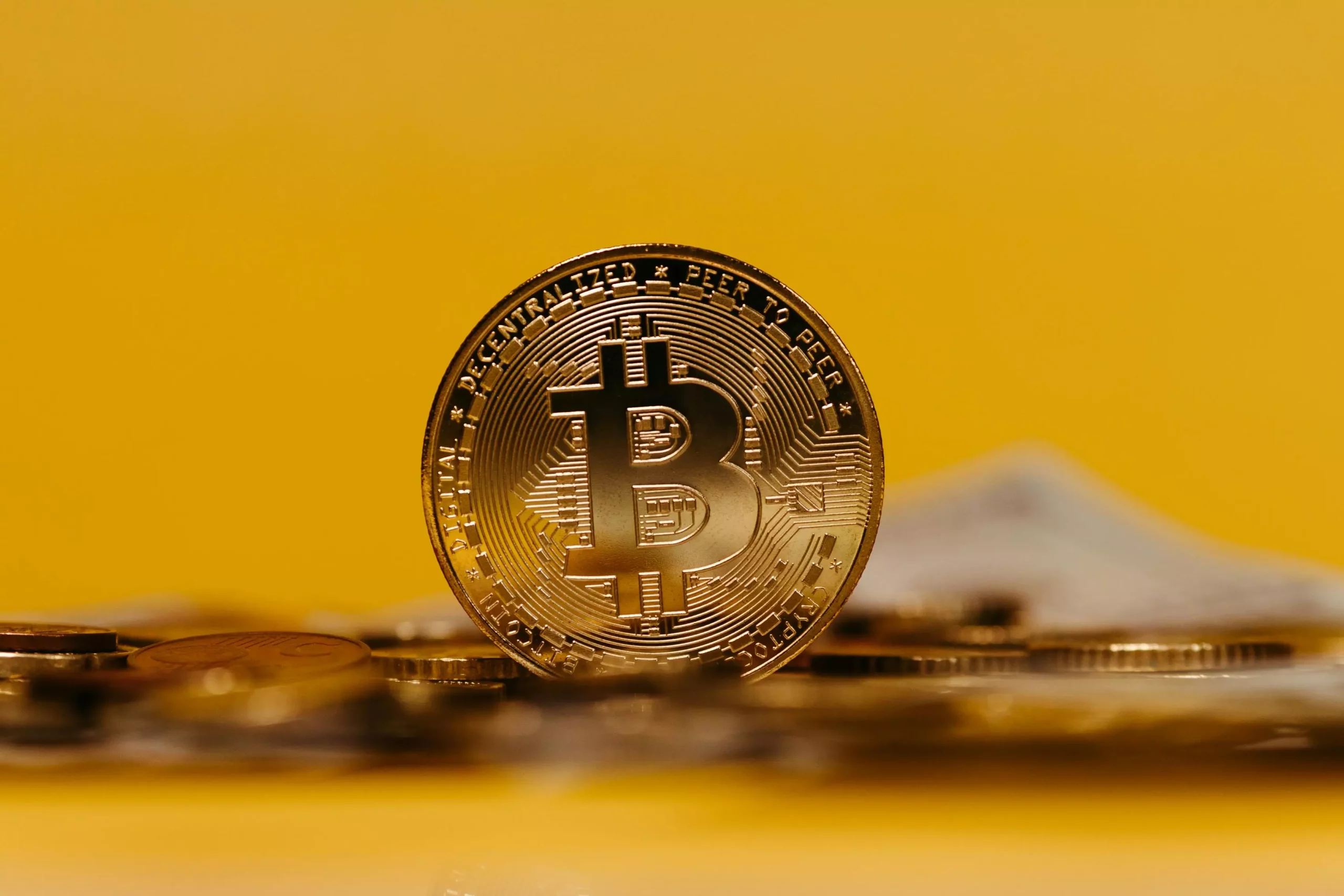The notion of establishing a US Bitcoin Strategic Reserve has sparked a considerable amount of discourse among cryptocurrency enthusiasts and investors ever since it was suggested by President-elect Donald Trump. Proponents of this idea argue that such a reserve could position the United States as the preeminent leader in the global cryptocurrency sphere. However, skepticism exists within the crypto community about whether this ambitious initiative is feasible or likely to materialize. The divide in opinion reflects broader questions about the role of cryptocurrency within the national and global economic framework.
One prominent voice of dissent is Ki Young Ju, CEO of CryptoQuant, who expresses doubts regarding Trump’s commitment to the Bitcoin Strategic Reserve. Young Ju argues that the reserve’s concept might clash with the existing economic policies aimed at safeguarding the dominance of the US dollar, which has long established itself as a sanctuary currency in times of turmoil. This allegiance to the dollar implies that the potential of Bitcoin, despite its growing popularity, may not merit the same level of support from the federal government.
Young Ju draws parallels between contemporary discussions surrounding cryptocurrencies and historical narratives involving gold. He notes that whenever the US has felt threatened economically, debates surrounding the gold standard would resurface, reflecting the public’s desire to reinforce financial security. However, he sees little indication of a shift in sentiment about the dollar’s supremacy in the current economic landscape. Investors still appear to retain a high level of confidence in the US economy.
The Economic Landscape and Dollar Dominance
The dynamics of international trade and the perceived strength of the US economy weigh heavily on discussions about a Bitcoin reserve. Young Ju postulates that if economic dominance is genuinely threatened, we could witness a spike in the value of Bitcoin and other alternative assets, akin to historical responses in times of economic uncertainty. Yet, he insists that such threats are currently unfounded, as the prevailing market sentiment favors continuity and stability in US economic supremacy.
Statistical insights bolster Young Ju’s perspective; for instance, in 2022, more than a third of the global Bitcoin transactions processed in the US underscored its leadership in crypto mining. This dominance suggests that an entrenched belief in the US economy’s stability persists among investors, dampening the legitimacy of calls for a Bitcoin reserve.
Shifting Political Stances
As the political landscape continues to evolve, so too might Trump’s approach to Bitcoin and cryptocurrencies. Young Ju suggests that if the President can effectively showcase economic resilience and bolster the dollar’s status through strategic initiatives, the previously expressed support for Bitcoin may wane. Essentially, Trump’s allegiance to cryptocurrency may be subject to political expediency rather than staunch ideological commitment.
The potential to deviate from his expressed Bitcoin advocacy without inciting backlash from his voter base poses a tactical challenge for Trump. He may transition to a more neutral or cautious stance regarding cryptocurrencies, possibly attributing the change to shifting governmental priorities. As such, a substantial pivot in policy could emerge without directly alienating key supporters.
Looking ahead, the discussion surrounding a US Bitcoin Strategic Reserve raises far-reaching questions about the future of cryptocurrency regulation and support at the national level. The fate of such proposals may hinge not only on Trump’s approach but also on broader shifts in global finance and emerging investor sentiment.
Would a Bitcoin reserve fundamentally alter the landscape of digital currency in the US? While the advocates for a reserve view it as an opportunity, skeptics like Young Ju underscore the need for a deep understanding of the underlying forces governing traditional and digital currencies. As the dialogue continues to evolve, it remains evident that the relationship between the US economy, the dollar, and cryptocurrencies will require nuanced exploration and thoughtful discourse to navigate the complexities of the modern financial ecosystem.

